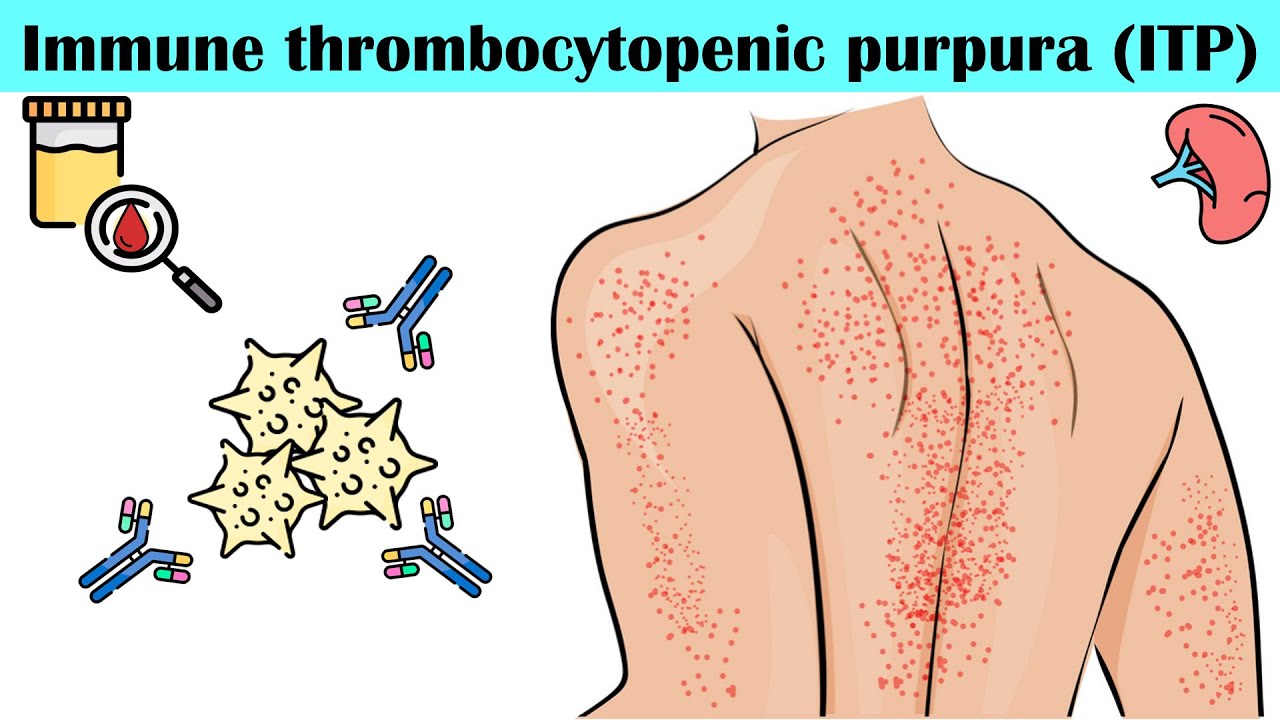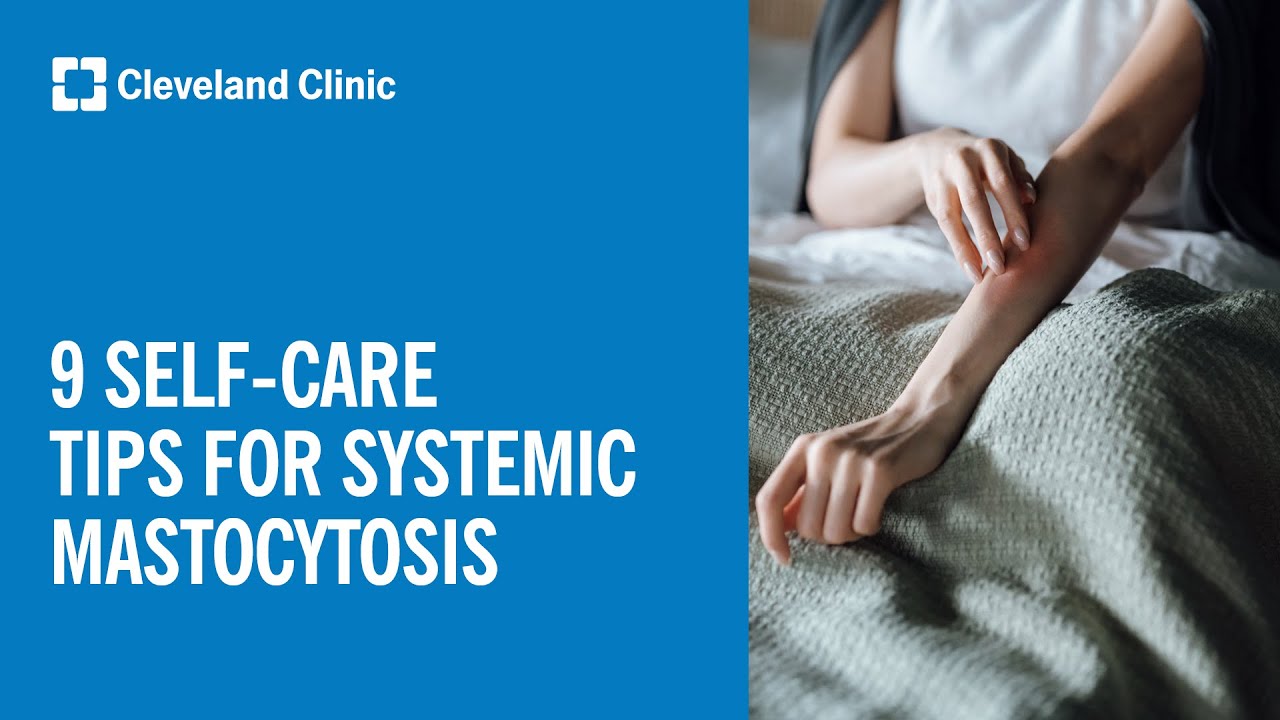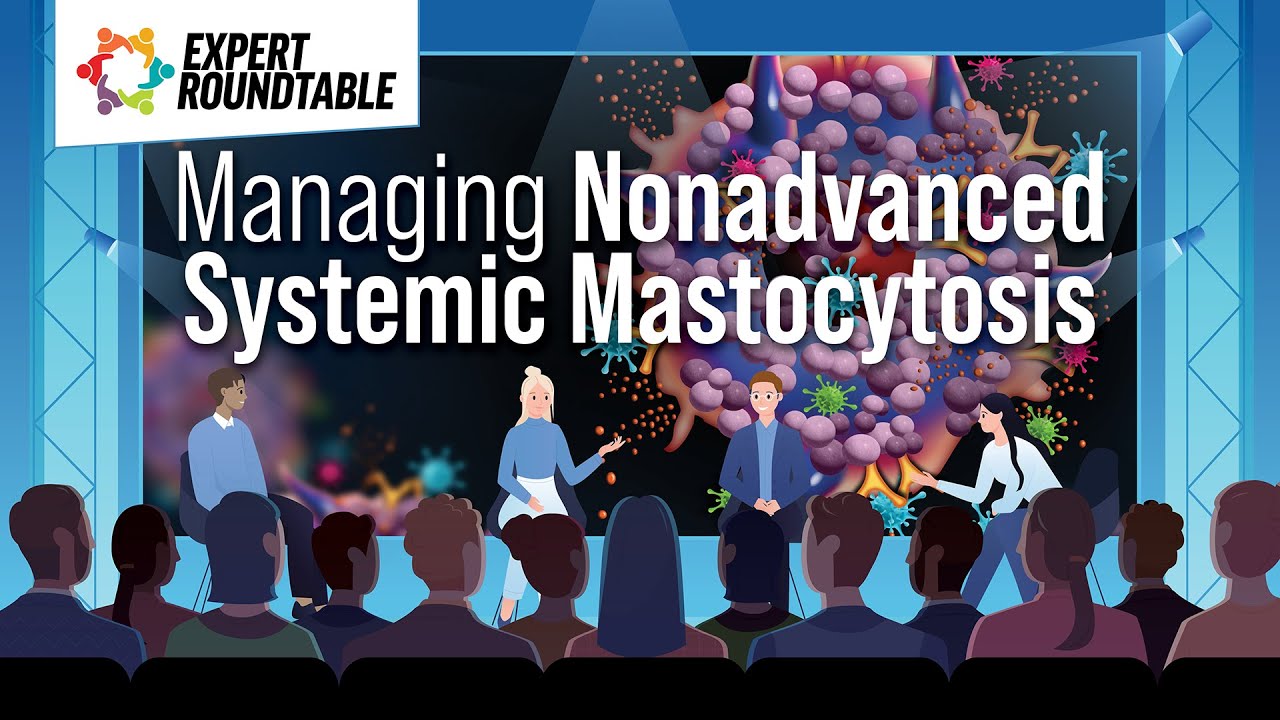Plant extract effective in relieving allergic nasal congestion
Reuters Health • The Doctor's Channel Daily Newscast
The findings are described in an April 14 online issue of the Journal of Allergy and Clinical Immunology by Dr. Carsten B. Schmidt-Weber, with the Technical University and Helmholtz Center Munich, Germany, and colleagues.
They explain that petasol butenoate complex, also known as Ze 339, is a carbon dioxide extract derived from the leaves of a special variety (Petzell) of Petasites hybridus and is available by prescription in Switzerland and elsewhere for treating allergic rhinitis.
The researchers investigated the efficacy of Ze 339 compared with desloratadine or placebo in a trial involving 18 patients with allergic rhinitis caused by grass pollen. In crossover fashion, the participants were given the trial medications orally in random order for 5 days before nasal allergen challenge with grass pollen extract.
“Rhinomanometry, symptom assessment, and local inflammatory mediator measurement were performed during the 24 hours after allergen challenge,” the authors explain. The time to return to 90% of baseline values for nasal obstruction was 5.4 hours with Ze 339 treatment. Corresponding times were 10.7 hours (p=0.022) with desloratadine and 9.1 hours (p=0.035) with placebo, according to the report.
Similarly, relief of symptoms based on a standardized assessment was 3.2 hours with Ze 339, 4.5 hours with desloratadine (p=0.030) and 8.3 hours with placebo (p = 0.027), Dr. Schmidt-Weber and colleagues found.
The also saw that that Ze 339 significantly reduced levels of IL-8 and leukotriene B4 in nasal secretions before challenge.
“This exploratory trial shows that treatment with Ze 339 is superior to both desloratadine and placebo in improving the dominant symptom of nasal obstruction in a seasonal allergic rhinitis model by inhibiting critical elements of the leukotriene and chemokine network,” the researchers conclude.
They add, “It can be speculated that a prophylactic treatment with Ze 339 might be effective in counteracting allergic inflammation in the upper airways, whereas specific and adaptive immune responses remain intact.”
Reference:
Petasol butenoate complex (Ze 339) relieves allergic rhinitis–induced nasal obstruction more effectively than desloratadine
J Allergy Clin Immunol 2011








